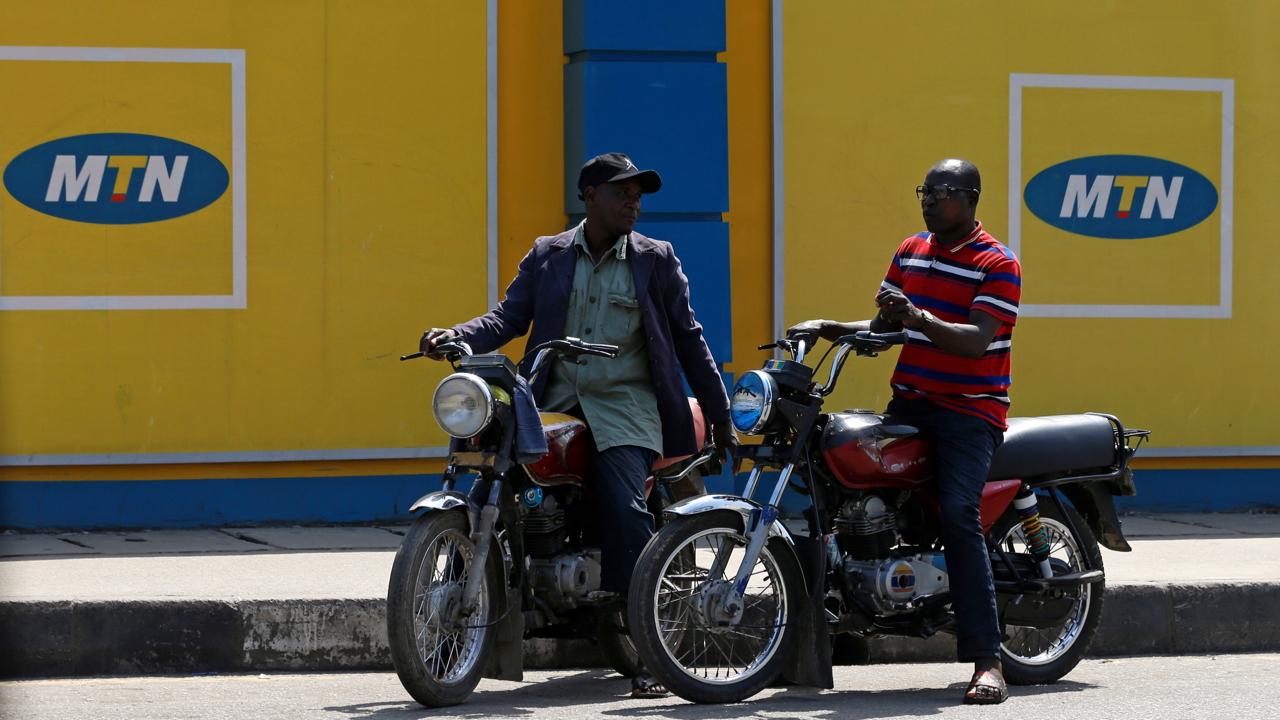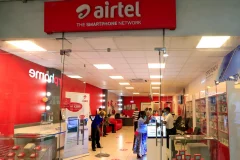Eswatini ended its internet shutdown last Thursday, going by a statement from the local MTN subsidiary. Access to all social media and online platforms had been restricted in the country from June 29.
“After carefully assessing the directive, and in line with its licence conditions and the Group’s digital human rights due diligence framework, MTN Eswatini implemented the directive,” MTN Group said, confirming that it received an order from the Communications Commission to suspend access to internet services.
The internet ban came as the small southern African kingdom grappled with violent protests demanding the abolishment of a monarchy that has lasted more than three decades. The ban wasn’t unprecedented in Africa and is typical of how the continent’s authoritarians react in the face of calls for regime change.
Over the past few years, several African countries have imposed some form of internet blockade or total blackout, despite the substantial economic losses they cause. But the costs go beyond just financial, given that internet shutdowns in the region are mostly imposed during protests and elections. During such blackouts, there’s a high tendency that several lives will be lost, people substantially injured, and ballot boxes stolen.
Complicity in compliance?
The main protagonists of internet bans in Africa are African heads of government. However, telecoms companies have also come under increased scrutiny over blackouts because they implement the orders.
Being Africa’s largest mobile network provider operating in more than a third of countries on the continent, MTN has had a hand in many internet restrictions and equally faced legal battles that they have attracted.
Along with other operators, the company was taken to court in Sudan two years ago over its decision to comply with the transitional military government’s orders to shut down the internet. They were accused of contributing to the ensuing human rights violations. In the most recent ban in Eswatini, MTN was one of several respondents in a court application seeking to reinstate internet services in the country.
Thuli Makama of the Institute for Democracy and Leadership (Ideal), the NGO that filed the lawsuit with various youth organisations in Eswatini, argued that by following the government’s instructions to restrict internet access, the MTN Group was “complicit” in the political crisis sweeping across the kingdom.
Makama’s belief is that all parties – including telecoms companies – that take part in internet shutdowns are, directly or not, contributors to human rights violations. If governments are the protagonists, then telecom firms are supporting characters.
Can the industry push back?
Network operators in Africa have been severally called on to challenge internet restriction orders instead of simply implementing government directives as they come.
A research paper from the University of Pretoria identifies the private sector, particularly internet service providers, as “important actors” in curbing the common ploy by African governments.
One of the many ways telecom companies have been advised to push back against such orders is to challenge their legality in courts. But starting such a fight against African leaders, most of whom have authoritarian tendencies, may be a “waste of time” and “political suicide” for the businesses, argues Michael Ohens, an independent digital policy expert.
“Ideally, they should be able to challenge the directives from African governments. Anyone can challenge anything, including government orders,” he told TechCabal in a phone interview.
“But the structure of every democratic constitution and the powers it confers on the executive presupposes a disposition towards the rule of law and protection of the unity of the nation, however subjective that may be.”
Such provisions can be considered “constitutional loopholes or blindsides” that a government can exploit, he explained. This means that the president can issue a directive to ban the internet if it is perceived as a threat to national security, whether it is true or not.
On the same grounds, the government can withdraw the licence of any telecoms operator that fails to comply with the directive. Moreover, no other reason can be good enough to overturn national security concerns in court.
“Courts are subject to laws and not necessarily justice hence it might be difficult to challenge a directive like this in court and win,” Ohens said. “So challenging internet ban directives would be a waste of time and political suicide for telecoms businesses. The operators know this and won’t try it, especially in an African nation. It’s not a sound business decision.”
If telecom companies can’t challenge governments, who can?
Legal and political organisations have not been effective at preventing internet bans in Africa nor held the main protagonists responsible to account so far.
On a few occasions, courts have played an important role in providing redress – as in the case of Zimbabwe, Sudan, and Togo. In these instances, civil society organisations like AccessNow were the main parties challenging the governments legally.
According to Ohens, civil rights activists are better placed to push against internet bans on the grounds of human rights violations compared to network operators. This is because the latter does not have a “business argument” against internet bans nor do the shutdowns pose a significant threat to their businesses.
While internet shutdowns inconvenience users and are costly for small businesses that heavily rely on digital channels in their operations, they do not significantly affect telecoms firms that help impose them. Although there’s a financial loss from potential data subscriptions if people could access the internet, the bulk of revenue generated by network operators comes from telephony/call services.
In Nigeria for instance, there were around 188 million mobile or SIM connections as of January. Less than two-thirds (104 million) of the regular mobile service users were internet users, per data from DataReportal.
“During internet blocks, people tend to revert to regular calls and other alternatives to data services, which means the telcos still make money,” Ohens said. “So they don’t actually have a business argument or concern and it is clear that the internet ban doesn’t necessarily pose a notable threat to revenues. And even if it affects them in some way, nothing can be good enough to overturn national security concerns legally.”
MTN’s statement citing “license conditions” shows that telecoms companies – helpless and trapped in a battle between the state and its people – can do little against government directives ordering internet shutdown.
However, what network operators can do is be transparent and ready to share information during incidents of internet blackouts, Ohens notes.
“It wasn’t until MTN Eswatini was taken to court that the South African Group released a statement to confirm the government’s directive to block internet access. That doesn’t help you,” he said. “Being open and transparent from the outset helps with credibility when faced with accusations of complicity.”
If you enjoyed reading this article, please share in your WhatsApp groups and Telegram channels.





















